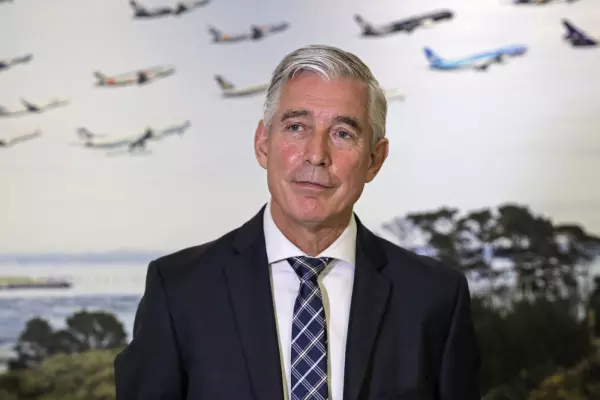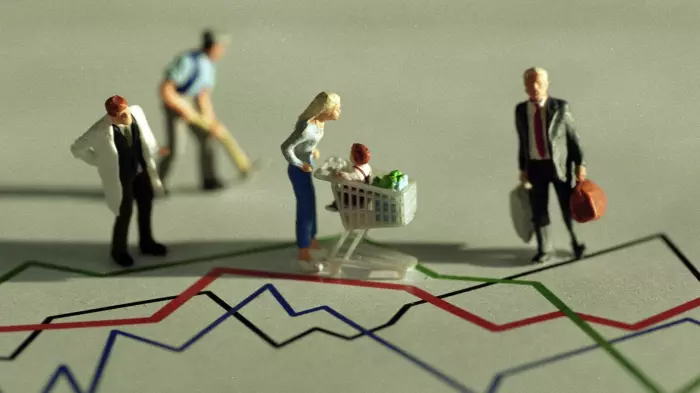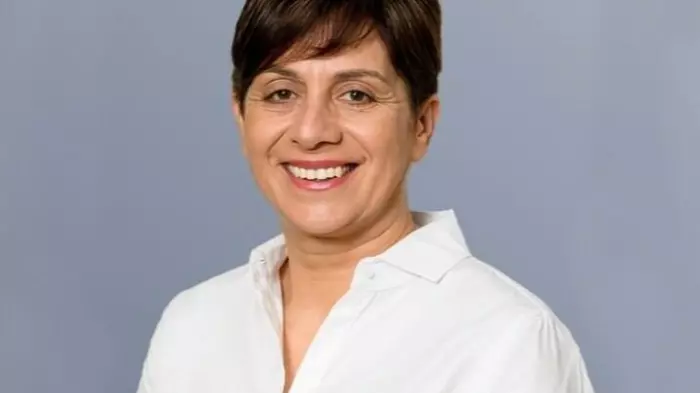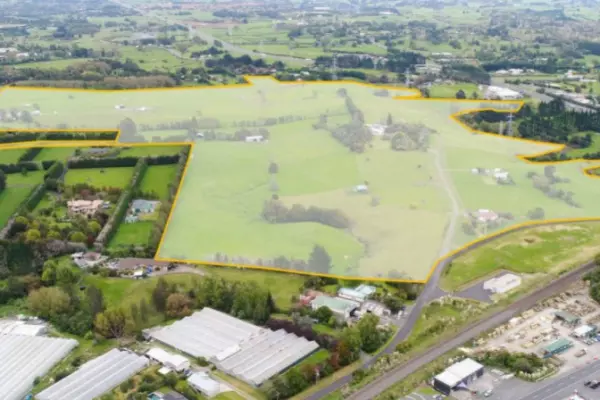The Auckland Council has racked up close to $1.75 million in legal bills trying to reinstate a hotel tax that the appeal court says is "invalid and unreasonable".
That’s as the city heads to the supreme court in an attempt to overturn the recent court of appeal decision on the city’s contentious accommodation provider targeted rate.
The APTR raised $34m before it was suspended in 2020 as part of the city’s covid relief measures.
Information provided to BusinessDesk that the council has spent $140,020 on the supreme court appeal, added to other legal fees of $1.6m already spent on high court and court of appeal litigation since 2018.
It is likely that, in the event the appeal is unsuccessful, that the rates paid to date will need to be paid back by the council.
The APTR, one of mayor Phil Goff’s first budget initiatives after the 2016 election, was introduced in 2017. It levies a tax on hotels, motels, serviced apartments and some online accommodation providers, based on the capital value of their property.
It was seen as Auckland’s version of a formal ‘bed tax’, established to help pay for the costs of initiatives to attract tourists to the city, driven by what is now Auckland Unlimited.
However, the city’s hoteliers and accommodation providers believe the tax unfairly shifts the bulk of costs onto a small segment of the business community. In some cases, for larger hotels such as the Pullman, hotels could be on the hook for annual levies of as much as $500,000.
Research by the Hotel Council Aotearoa (HCA), which represents about 140 NZ hotel owners, shows the sector receives less than 10 cents out of every dollar spent by visitors.
HCA strategic director James Doolan said the sector already ‘paid its way’ through the 15% goods and services tax, which is more than the 10% GST in Australia, where there is also no bed tax.
Ratepayers' application for a judicial review of the tax in 2018 was dismissed in February 2020.
That decision was appealed by four major hotel owners, including the country’s largest hotel company CP Group, NZX-listed Millennium & Copthorne Hotels, MLC Scenic and Katalyma Hotels.
Last November, the appeal court agreed that the council didn’t “adequately consider the benefit of the funded activity nor the distribution of benefits.”
Wider implications
The court also found the tax assessment was carried out at the end of the process to “reverse engineer a justification for a scheme that had been formulated without regard to these criteria, in an attempt to achieve an outcome that was beyond the scope of a rating mechanism”.
Doolan said the decision had implications for other business sectors as it addresses what should be taken into account when local authorities impose new targeted rates on industry subsectors.
Auckland Council’s manager of public law, Meredith Webb, said the council considers it to be in the broader public interest to take the case to the supreme court, given the “broad implications for funding decisions of local authorities” in the wake of the court of appeal judgment.
Both the Auckland and Queenstown councils have lobbied the government to pass legislation that would enable formal bed taxes to be put in place. Queenstown wants a 5% cost added to short-term room rates.
Goff is understood to have again petitioned the Labour government late last year for a bed tax to replace the APTR, given the absence of paying guests across the city's hotels.
Shameful
No date has been set for the case and it is uncertain whether it will be heard before Goff retires this October.
But Auckland restaurateur and mayoral candidate Leo Molloy described it as “shameful” that Goff could be spending ratepayers' money on legal fees to ram through a tax in a year of a local body election.
“We are at a critical juncture in our recovery. Auckland Council needs to do everything it can to make our city an attractive place to visit, not slap a tax on our tourism industry.”
HCA’s Doolan said the rate was also based on the “misguided assumption” that the impost could be passed through by accommodation providers to non-voting tourists from out-of-town.
That, he said, is despite repeated warnings that the rate wouldn’t easily be passed through to guests, due to the sector’s highly competitive nature.
“It’s almost comically unfair. It is a quasi-tax that massively increases rates for a small minority of tourism industry businesses.”
The move also comes as an additional 5,700 rooms across 30 hotels previously used for managed isolation and quarantine come back on stream over the next three months, further adding to the downward pressure on room rates.
The latest data from Hotel Data NZ shows that revenue per available hotel room, or Revpar, remains at $93 in Auckland and $67 in Queenstown.
Both cities are slightly down on 2020 Revpar, but a whopping 42% and 68% down respectively on pre-covid levels.
Doolan said the sector as a whole has lost a combined $1.5 billion during covid and more than half of its employees.
"So we don’t think now is the best time to be beating up on one of the worst-affected business sectors”.














